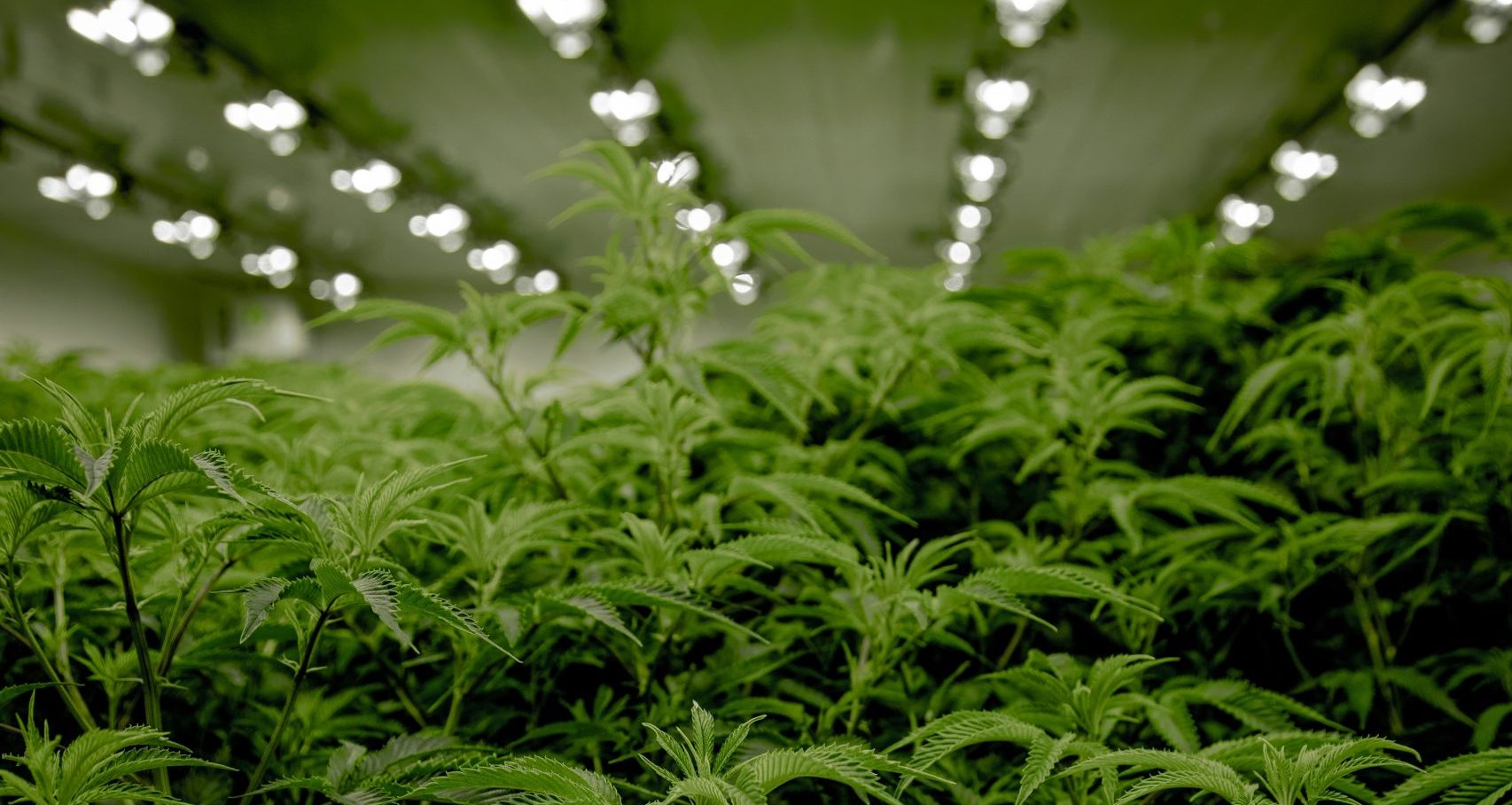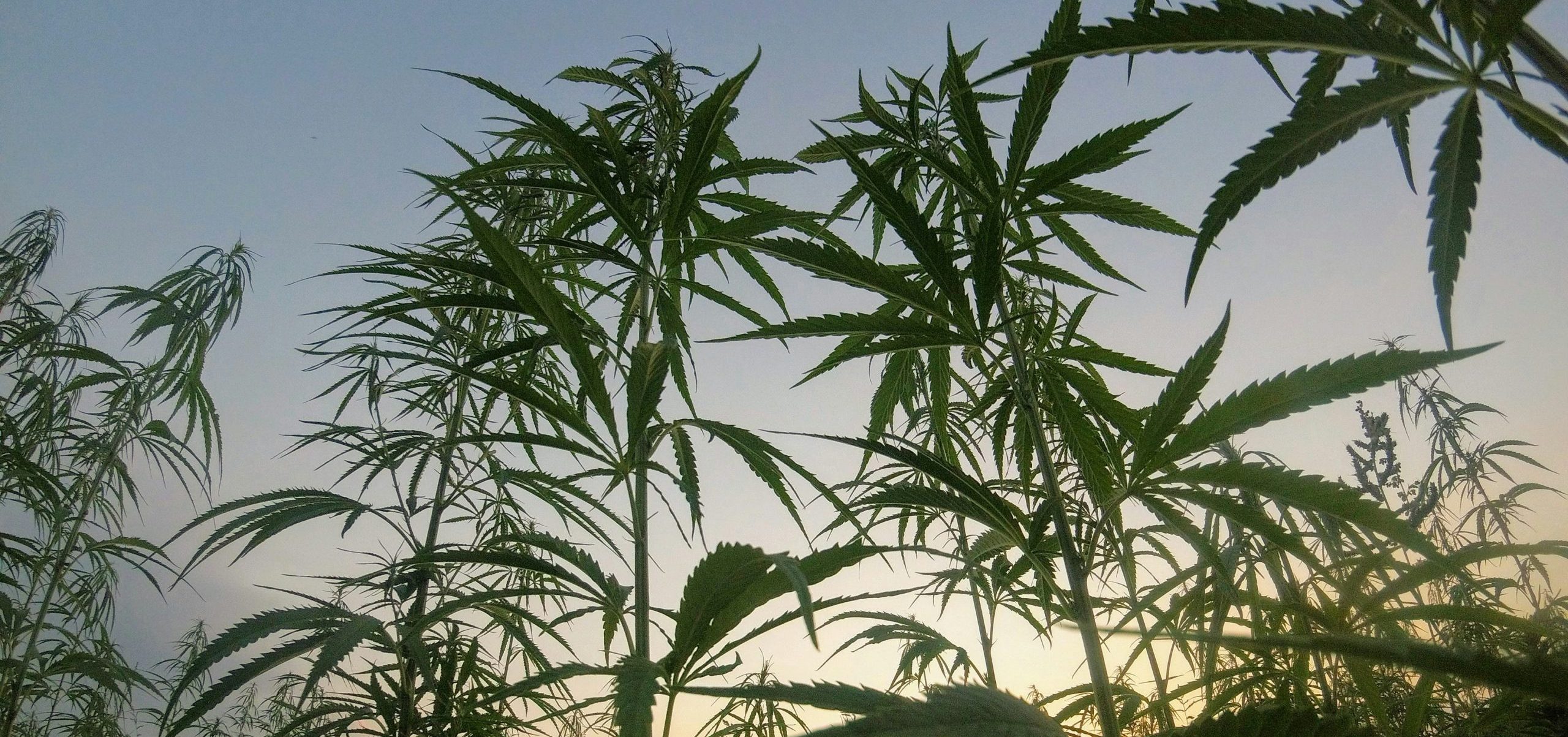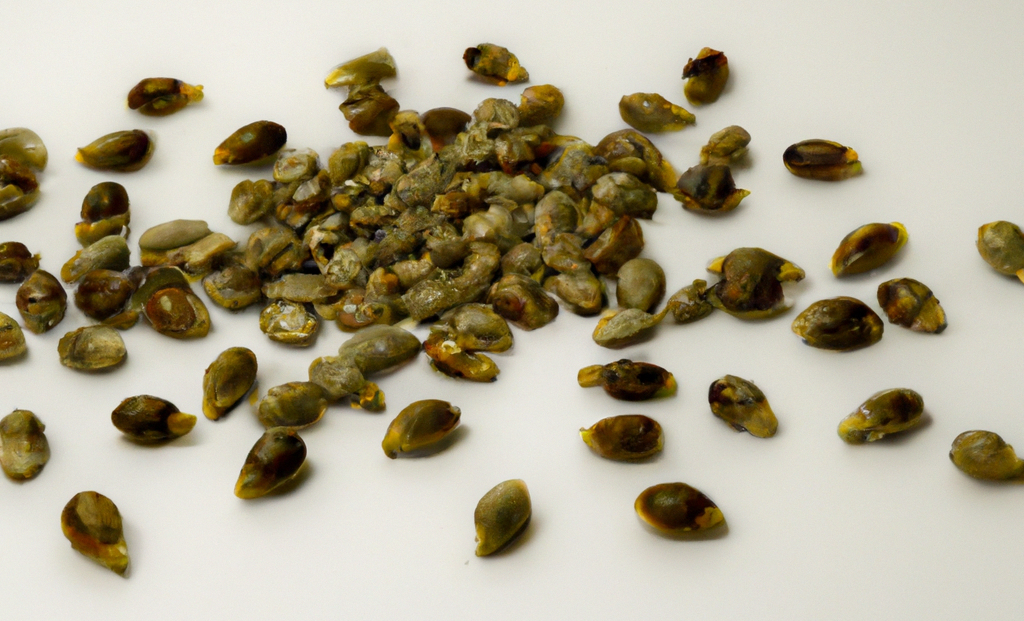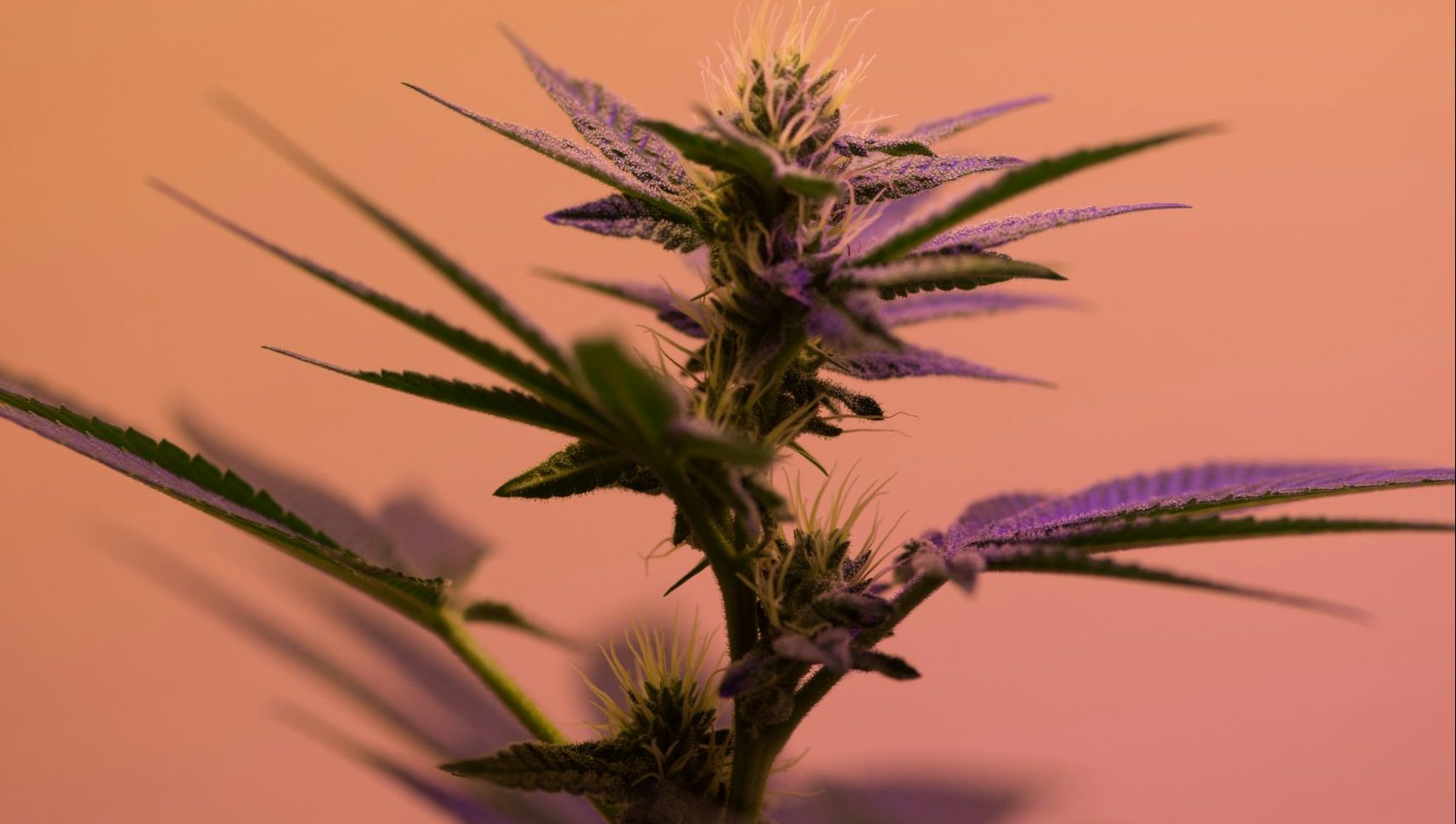Hemp, a versatile and often misunderstood crop, is making a comeback as a sustainable and eco-friendly resource. Long overshadowed by its psychoactive cousin, marijuana, hemp is a strain of the Cannabis sativa plant with negligible levels of the compound THC. This article explores the numerous benefits and potential applications of hemp, highlighting its role in promoting environmental sustainability and a circular bioeconomy.
Environmental Benefits of Hemp:
One of the most compelling reasons to embrace hemp is its positive impact on the environment. As a rapidly renewable resource, hemp can be cultivated with minimal environmental impact and without the need for extensive land clearing or deforestation. Additionally, hemp requires significantly less water and fewer pesticides compared to many other crops, making it a water-efficient and environmentally friendly choice.
Hemp’s environmental credentials are further bolstered by its ability to act as an efficient carbon sink. This remarkable crop captures and stores atmospheric carbon dioxide through its rapid growth and deep root system. Studies estimate that hemp can sequester up to 8-15 tons of CO2 per acre per year, making it a valuable tool in the fight against climate change and greenhouse gas emissions.
Industrial and Commercial Uses:
Hemp’s versatility extends far beyond its environmental benefits. The long, strong fibers of the hemp plant can be used to produce a wide range of textiles, including clothing, ropes, and canvas. Additionally, hemp fiber can serve as a sustainable alternative to wood pulp for paper production and as a reinforcement material for construction materials like hempcrete (a bio-composite made of hemp hurds and lime binder) used in insulation and non-load bearing walls.
The nutritional value of hemp seeds should not be overlooked. Rich in plant-based protein, omega-3 and omega-6 fatty acids, vitamins, and minerals, hemp seeds can be consumed as a whole food or processed into hemp milk, protein powder, and other nutritional supplements, offering a nutritious addition to vegetarian and vegan diets.
Furthermore, hemp oil, extracted from the seeds, has numerous applications in the cosmetics industry as a moisturizer, skin conditioner, and ingredient in soaps and lotions. It can also be used as a renewable and environmentally friendly alternative to fossil fuels for biofuel production, contributing to the transition towards a more sustainable energy future.
Overcoming Challenges:
Despite its numerous benefits, the cultivation and use of hemp have faced legal and regulatory hurdles in many countries due to its association with marijuana. However, recent policy changes have led to the legalization of industrial hemp in various regions, including the United States and parts of Europe, paving the way for the growth of the hemp industry.
Additionally, misconceptions and stigma surrounding hemp persist, fueled by its long-standing association with its psychoactive cousin. Public education and awareness campaigns are crucial to overcome these challenges and promote the acceptance of hemp as a sustainable and versatile resource.
Furthermore, while hemp cultivation is relatively straightforward, the processing and manufacturing of hemp products require specialized infrastructure and facilities. Investments in processing plants, equipment, and supply chains are essential to support the growth of the hemp industry and unlock its full potential.
Embracing a Sustainable Future
Hemp offers a multitude of environmental, economic, and social benefits as a sustainable and versatile crop. Its cultivation and use can contribute to reducing the environmental impact of various industries while providing economic opportunities and promoting a circular bioeconomy.
The hemp industry is witnessing a resurgence, with increasing research and development efforts focused on improving cultivation techniques, processing methods, and exploring new applications. Innovations in areas like hemp-based plastics, construction materials, and biofuels hold promise for further expanding the sustainable uses of this remarkable crop.
Governments, industries, and consumers alike have a role to play in promoting the sustainable adoption of hemp. Policy reforms that remove remaining legal barriers, investments in infrastructure, and increased public awareness can help unlock the full potential of this valuable resource and contribute to a more sustainable future.






